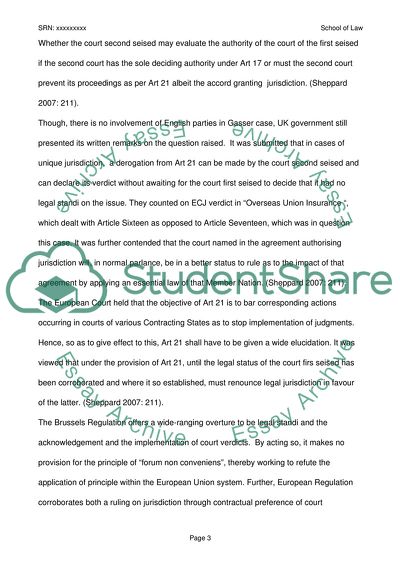Commercial Litigation Assessment Essay Example | Topics and Well Written Essays - 2500 words. Retrieved from https://studentshare.org/miscellaneous/1566894-commercial-litigation-assessment
Commercial Litigation Assessment Essay Example | Topics and Well Written Essays - 2500 Words. https://studentshare.org/miscellaneous/1566894-commercial-litigation-assessment.


